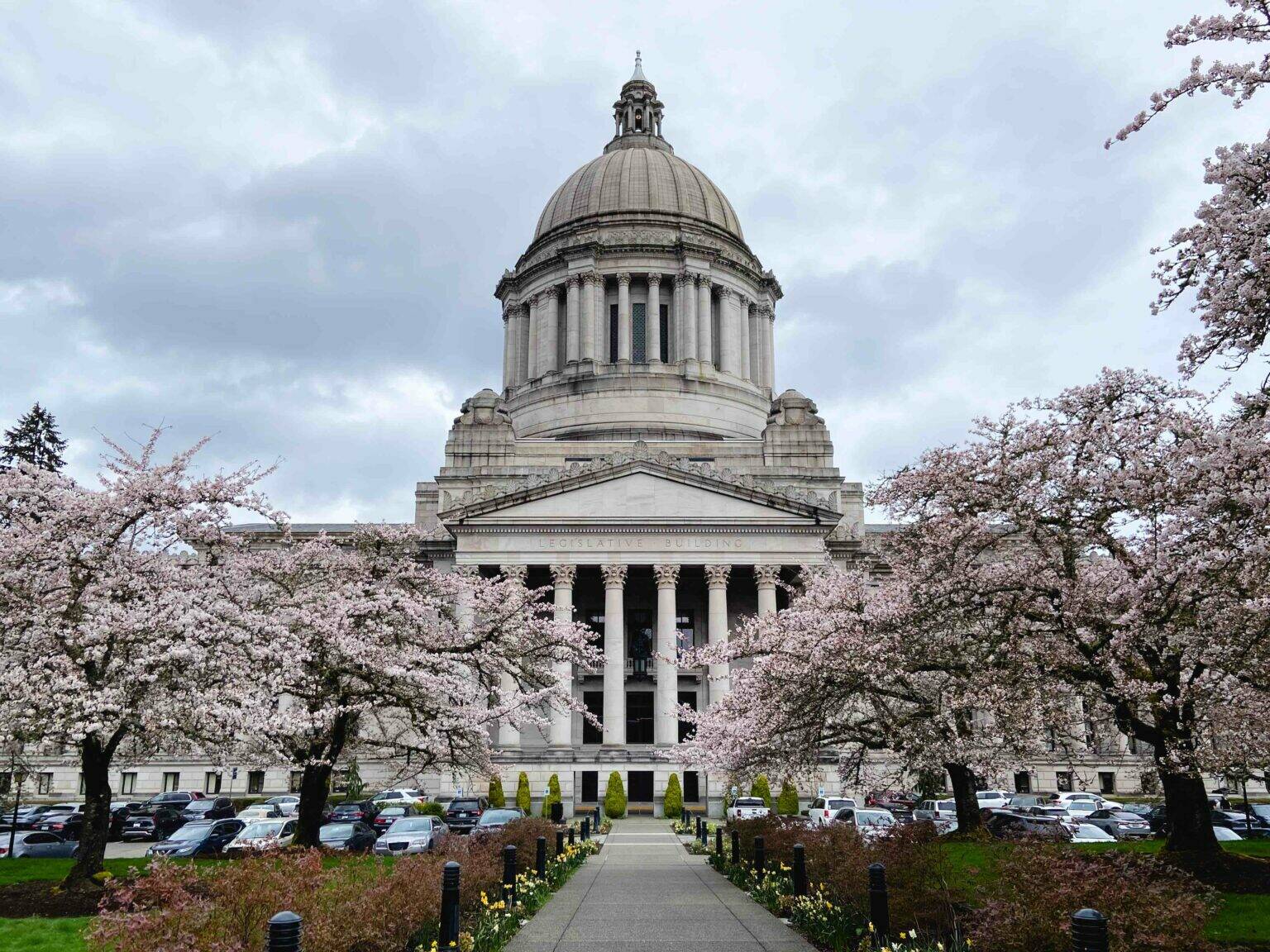Democratic lawmakers in Washington are beginning to lay out the buffet of tax increases they want to use to fill most of a $16 billion state budget shortfall.
There are hikes in business and capital gains taxes, new sales taxes on services and greater property tax collections by the state and local governments.
Other selections include an increase in a surcharge on technology companies, an expanded tax on nicotine products, and a mandate for some large businesses to make a one-time pre-payment of sales tax owed to the state.
Major financial institutions will pay a little more, too. And there’s a surcharge on corporations with more than $250 million in annual revenue that starts Jan. 1, 2026, and lasts four years. Among those exempted from that surcharge is Boeing.
The a la carte of taxes rolled out Tuesday will bring in close to $12 billion over the next two budget cycles.
Democrats hope those receipts, combined with targeted spending reductions, will allow them to maintain current levels of service, pay for new and expanded programs authorized in previous budgets and cover the cost of updated collective bargaining agreements with state employee unions.
A pivotal question now is whether Democratic Gov. Bob Ferguson endorses the slate of tax measures. His office did not immediately respond to a request for comment.
House Majority Leader Joe Fitzgibbon, D-Seattle, said the governor is aware of the components of the package.
“We think he understands there is a need for revenue,” Fitzgibbon said.
State of play
Last month, House and Senate Democrats rolled out separate packages to raise up to $21 billion.
But Ferguson threw cold water on their desire to tax those with more than $50 million, a pillar in both approaches. The governor said this proposal was “untested, difficult to implement, and most importantly, for purposes of adopting a sustainable budget, will face an immediate challenge in court.”
That sent legislators searching for new options. They came up with a whole bunch.
They also discarded a payroll tax modeled on Seattle’s JumpStart tax that would have been levied on companies with large payrolls and highly-paid employees. This was another central plank in their earlier tax plans.
The new approach permanently increases the state’s primary business and occupation tax rates from 0.484% of gross proceeds to 0.5%. This move could affect hundreds of thousands of businesses. Another provision of House Bill 2081 boosts the tax rate for service businesses with annual taxable revenue exceeding $1 million from 1.75% to 2.1%.
Democrats’ latest proposals also still rely on many of the state’s corporate and banking giants to pay more.
Financial institutions with annual net income of $1 billion or more would see the rate for an additional tax they pay rise from 1.2% to 1.5% starting Oct. 1. This will impact about 200 businesses, Democrats have said.
About 400 corporations with more than $250 million in annual revenue would be subject to a 0.5% surcharge for four years.
The new plan also still targets wealthier individual taxpayers with the addition of a second tier of the state’s capital gains tax, which took effect in 2022 and has been upheld in court.
Washington imposes a 7% tax on gains over $270,000 from the sale or exchange of long-term assets like stocks, bonds and business interests. Senate Bill 5813 and House Bill 2082 call for a new 9.9% tax on gains greater than $1 million, an idea Senate Democrats discussed in December. This would bring in an additional $280 million for the budget, $560 million over four years.
One piece of the original House plan is retained. It would allow an increase in annual property tax growth from the current 1% cap to the combined rate of population growth plus inflation within a taxing district, not to exceed 3%. This would apply to the state’s common schools levy and for cities and counties, as well as special purpose districts.
A fiscal analysis for House Bill 2049 estimated uncapping the state property tax would bring in an additional $200 million in the next biennium and $618 million in the 2027-29 budget. The legislation could be voted on Friday in the House Finance Committee.
The Senate version was among several tax bills that received public hearings in the Senate Ways and Means Committee on Wednesday.
Talk to us
> Give us your news tips.
> Send us a letter to the editor.
> More Herald contact information.

























